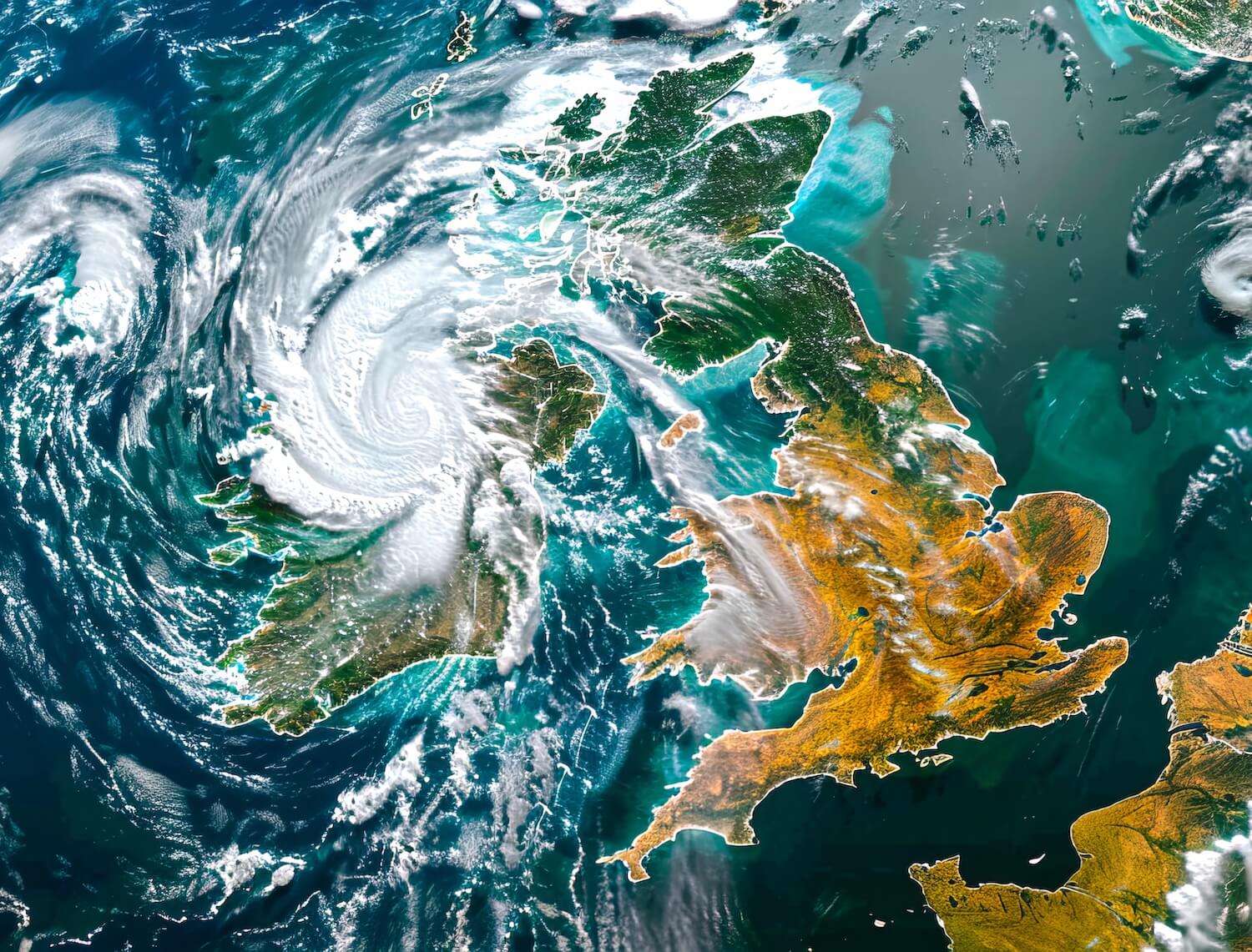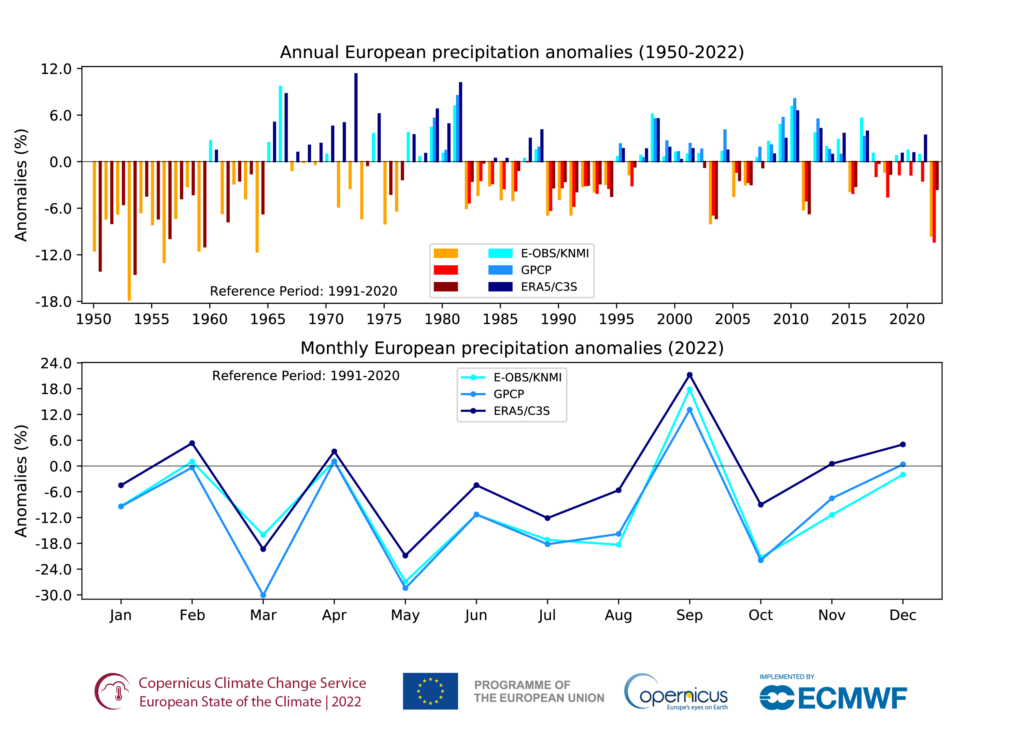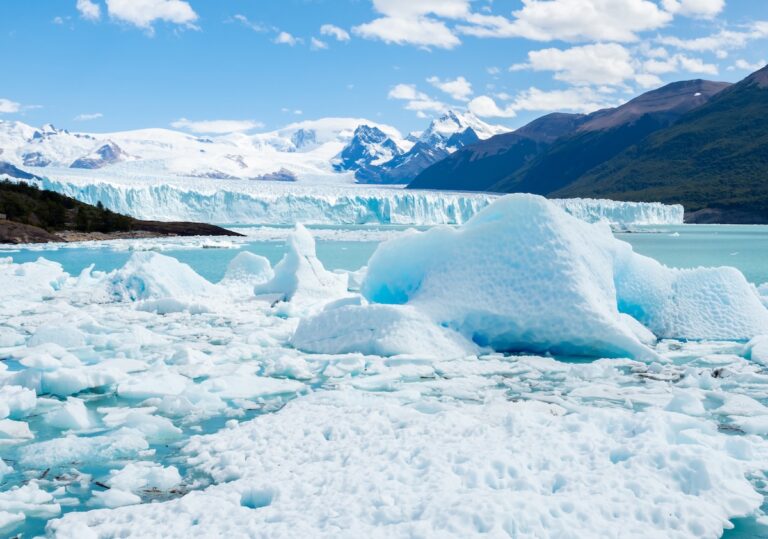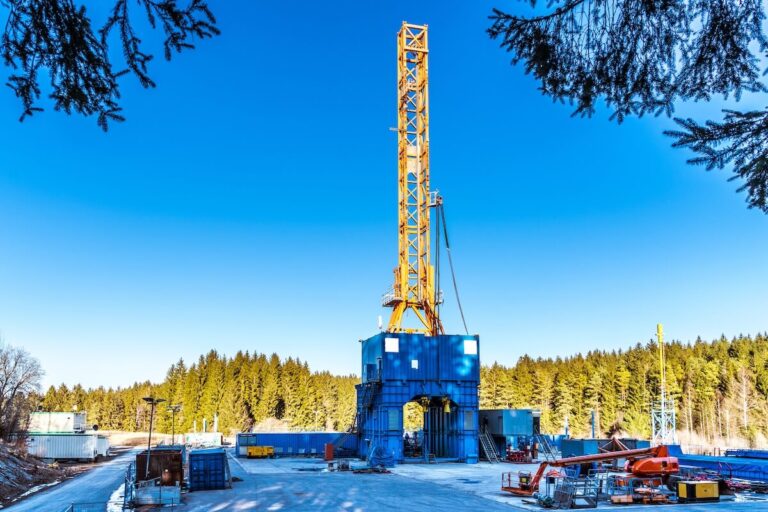Global Heating Doubles Risk of Extreme Rain in Europe

In recent years, the impact of climate change on weather patterns has become increasingly evident. In Europe, scientific studies have highlighted a significant rise in extreme rainfall events due to global heating. The likelihood of such intense rainfall is now twice as high, directly attributed to the effects of climate change. This development raises alarms for policymakers and citizens alike as it poses mounting challenges in terms of flood management and disaster preparedness.
Historical Rainfall Patterns in Europe

In the last 50 years, rain patterns have shifted. Extreme rainfall happens more.
Studies reveal that Europe has become wetter, especially in northern and eastern regions, while southern Europe faces increased drought conditions.
Researchers attribute these variations to global warming and its impact on the jet stream and atmospheric circulation patterns.
Recent analyses show increases in the frequency and intensity of rainfall events. For instance, evidence suggests that human-induced climate change has heightened the likelihood of extreme rainfall in Western Europe, making such events up to nine times more likely.
This shift poses challenges to infrastructure and agriculture, demanding adaptive strategies to mitigate potential impacts on society and ecosystems.
Real-World Examples of Extreme Rainfall in Europe
In recent years, Europe has witnessed significant instances of extreme rainfall, often attributed to climate change. These events highlight the increasing risks and their potential impacts on communities and infrastructure.
2021 Germany Floods
In July 2021, Germany experienced one of its most devastating natural disasters in recent history. Heavy rainfall led to catastrophic flooding, with regions such as North Rhine-Westphalia and Rhineland-Palatinate being hit hardest.
196 people lost their lives, and the destruction caused was immense, with entire villages submerged and critical infrastructure such as roads and bridges destroyed.
The floods resulted in billions of euros in damages, highlighting the urgent need for improved flood defenses and climate adaptation strategies.
The intensity of the rainfall, which exceeded the typical monthly average in just two days, was exacerbated by the saturated soil, unable to absorb the relentless waters.
2020 UK Flash Floods
The UK has also seen its share of extreme rainfall, with flash floods becoming increasingly common.
In 2020, several areas in England experienced sudden deluges after intense rainstorms. Cities like London and Manchester faced widespread disruptions, with roads overwhelmed and public transport systems brought to a halt.
The frequency of these flash floods underscores the challenges faced by the UK’s urban infrastructure, much of which struggles to cope with rapid water accumulation.
Local authorities have been called to invest in better drainage systems and sustainable urban planning to mitigate future impacts.
The changing rainfall patterns serve as a stark reminder of the pressing need for nations to adapt to climate-induced weather extremes and ensure resilience in their urban landscapes.
Future Challenges
The recent reports underscore the significant increase in the likelihood of extreme rainfall events in Europe due to global heating. The data highlights an urgent need for adaptive strategies. Factors such as warmer air holding more moisture contribute to these flooding events.
This phenomenon poses risks not only to infrastructure but also to communities across the continent. Areas like Central and Eastern Europe have been particularly impacted, with notable flooding reported in regions such as southwestern Poland.
As climate change accelerates, it becomes crucial for governments and organizations to prioritize sustainable solutions. Proactive measures are essential to mitigate the effects of these weather patterns.
Additional Resources
Want to learn more about extreme rain and global heating? Check out these helpful resources:
- World Meteorological Organization Climate Reports – Up-to-date info on climate trends
- Climate Central’s Extreme Weather Toolbox – Visualize rainfall data
- NASA’s Global Climate Change website – Satellite data and easy-to-understand climate science.





